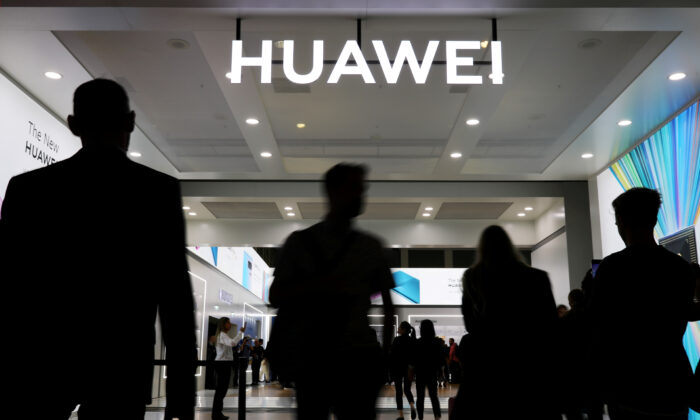Hong Kong Leader Addresses UN Human Rights Council as Criticism Mounts Over Beijing’s Security Law
The Federal Communications Commission (FCC) has formally designated Chinese companies Huawei and ZTE as national security threats, a move that bars U.S.聽telecommunications providers from tapping into an $8.3 billion federal fund to buy equipment from the firms.
The measure formalized a decision from November 2019, when the regulator voted unanimously to issue the declaration. It also voted at the time to propose requiring rural carriers to “rip and replace” Huawei and ZTE equipment from their existing networks.
“We cannot and will not allow the Chinese Communist Party to exploit network vulnerabilities and compromise our critical communications infrastructure,”聽FCC聽Chairman Ajit Pai said in a statement.
“Both companies have close ties to the Chinese Communist Party and China鈥檚 military apparatus, and both companies are broadly subject to Chinese law obligating them to cooperate with the country鈥檚 intelligence services.”
The declaration builds upon increasingly tough action taken by the Trump administration against Huawei, the world’s largest maker of telecom gear, and other Chinese technology firms that pose security risks.聽The Pentagon last week included Huawei in a list of聽20 companies聽that are owned or controlled by the Chinese military, prompting calls for economic sanctions.
Huawei and ZTE didn’t immediately respond to requests by The Epoch Times for comment.
Last May, President Donald Trump signed an executive order declaring a national emergency and barring U.S. companies from using telecommunications equipment made by companies posing a national security risk. The Trump administration also added Huawei and dozens of affiliates to its trade blacklist last year, barring U.S. firms from doing business with the company without a license. Last month, it further moved to cut off Huawei’s access to chips made with U.S. base technology.
FCC聽Commissioner Geoffrey Starks said on June 30 that “untrustworthy equipment” remains in place in U.S. networks and said Congress must allocate funding for replacements.
While large U.S. wireless companies have severed ties with Huawei, small rural carriers have leaned on Huawei and ZTE switches and other gear because they are often less expensive.
The Rural Wireless Association, which represents carriers with fewer than 100,000 subscribers, estimates that 25 percent of its members have Huawei and ZTE in their networks, and have said it would cost $800 million to $1 billion to replace the equipment.
Last month, a bipartisan group of senators introduced聽legislation to provide about $700 million in grants to help U.S. telecommunications providers with the cost of removing Huawei equipment from their networks.
The FCC has in recent months stepped up its scrutiny of Chinese firms.
The agency in April began steps to bar three Chinese state-controlled telecom companies鈥擟hina Telecom Americas, China Unicom Americas, Pacific Networks Corp., and its wholly owned subsidiary ComNet (USA) LLC鈥攆rom operating in the United States, citing security risks stemming from the concern that they are subject to influence from the Chinese Communist Party.
The FCC last May voted unanimously to deny another Chinese state-owned telecom company, China Mobile, the right to provide services in the United States, citing risks that the Chinese government could use such approval to conduct espionage against the U.S. government.
Reuters contributed to this report.聽
Focus News: FCC Formally Declares Huawei, ZTE as National Security Threats
Hong Kong Protests Continue Despite Beijing Passing National Security Law
